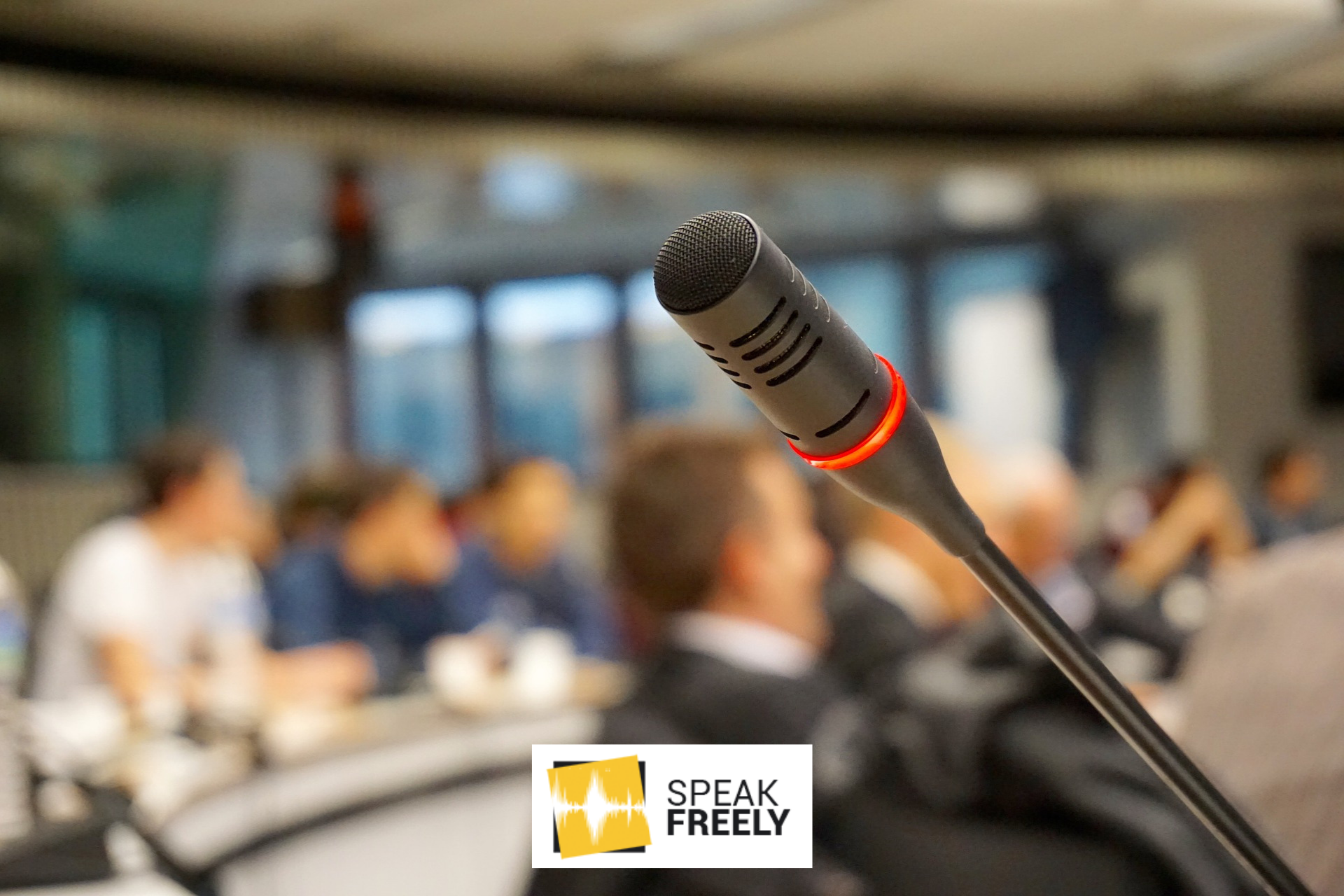There aren’t many things that I’m completely, immovably, one-hundred-percent certain on. My opinions can, and often do, change with each new convincing argument. My perceptions of the world and its goings-on warp a little bit more each time I read a new article.
In fact, there’s only one value that I could truly say I have never abandoned. No matter how much my worldview changes, or how my priorities move, I have always believed in the inalienable right of each person to think and speak as they please.
After all, without the right to free speech, how could I or anyone else ever change their minds? How can I be exposed to the arguments that convince me, if I’m never allowed to have the conversation in the first place? It’s only through exchange in a free marketplace of ideas that concepts and perceptions are ever able to change and grow.
Philosopher Karl Popper echoes this idea particularly well: “I may be wrong and you may be right, and by an effort, we may get nearer to the truth.”
But Popper also had another interesting idea, something he called the paradox of tolerance. Here, Popper argues that it is necessary for a society to be intolerant of intolerant ideas, if that society wishes to remain tolerant.
How, though, do we correctly practise intolerance without placing our freedom to speak in jeopardy? Naturally, to actively censor the intolerant through some state or otherwise regulatory measure, would be to go directly against the principles of universal free speech. Yet, to simply tolerate such ideas, we risk undermining the very foundations of a tolerant, democratic society, and likely the right to free speech itself.
It is this Catch-22 that forms the modern discourse surrounding free speech. While some call for the censorship and silence of those they view to be intolerant, others argue that they must not only maintain their right to free expression, but also must be allowed a platform to do so.
Neither of these offers a particularly promising solution, primarily because they both misunderstand how freedom of speech is supposed to work. A crucial factor of free speech is often forgotten, namely its ability to breed healthy debate, sieve-out undesirable or intolerant opinions, and allow ideas to improve and flourish. This is how Popper envisioned the intolerance of the intolerant; rather than active censorship, he called for society to challenge or simply ignore such ideas and beliefs.
This is best understood through the allegory of the marketplace of ideas. Just how a free market allows for the best quality products to thrive while other fail, so too does the free exchange of ideas. Social phenomena such as the overton window demonstrate this; we are able to decide for ourselves what is and isn’t worth listening to, or what warrants challenging, when presented with a free marketplace for ideas.
In this way, intolerant ideas are prevented from gaining any real traction, without the need for censorship or other intervention, while other ideas remain free to be shared. The modern debate on freedom of speech has all but forgotten this, and often focuses instead on two choices, both requiring intervention.
Some call, for instance, for the active censorship of intolerant opinions, so as to deny them their ability to influence society. This has even been put into practise, with social media giants like Facebook, Twitter, and Reddit removing pages that promote certain opinions, usually those leaning to the right.
As with any intervention into the market, these actions didn’t actually stop the spread of these ideas. Rather, they were simply pushed underground into a kind of black-market for ideas, represented by sites like Voat and Wrongthink, both frequented by those ousted from mainstream sites.
Rather than being visible and challenge-able by the general public, these ideas are now kept out of sight, and spread without the usual checks-and-balances offered by the free market of ideas. The people on these sites no longer have the opportunity to be challenged by others, and instead continue to promote intolerance within a kind of online bubble.
Censorship and intervention deny those espousing intolerant beliefs the opportunity to change their mind. Rather than helping rid the world of potentially dangerous ideas, intervention like this simply makes sure that their followers seldom experience a dissenting viewpoint, and allows such beliefs to survive within their own black market.
It’s time we fully embraced Popper’s argument and allowed free discourse to weed-out the intolerant, and ensure the survival of the tolerant. Don’t agree? Let me know and we can have a chat; we both might learn a thing or two.
This piece solely expresses the opinion of the author and not necessarily the organisation as a whole. Students For Liberty is committed to facilitating a broad dialogue for liberty, representing a variety of opinions. If you’re a student interested in presenting your perspective on this blog, click here to submit a guest post!
Image: Pixabay
